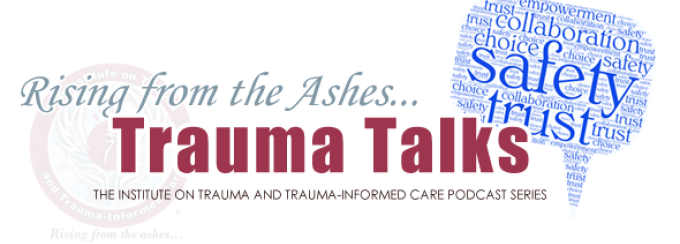
Interview on Historical Trauma
The following interview is a personal account of discrimination and historical trauma. The interview highlights the role of strength and resilience in the survivor's journey toward growth and healing.
Delilah (Survivor)
7/5/17 - Delilah is a Choctaw woman who discusses her family's vibrant and complex history in terms of cultural freedom and expression, discrimination and trauma. In this interview, Delilah reflects on historical to modern day treatment of indigenous people, including stereotypes, displacement, broken treaties, genocide and discrimination. She particularly recounts how she learned about the hardships of her ancestors, namely through her close relationship with her own grandmother. She reflects on the way discriminatory and oppressive treatment, especially at the hands of United States government, has been passed down from generation to generation. As such, she gives the audience her insights into how things have and have not changed in terms of how indigenous people are treated today. The principles of trauma-informed care are reflected on from a lens of historical trauma, including a pervasive mistrust of the government, struggle to fully live out one's cultural identity, continued media misportrayal of indigenous peoples and being treated as 'less than' or 'other.'
Keywords: ancestry; Choctaw; discrimination; treaties
- Interview with Delilah